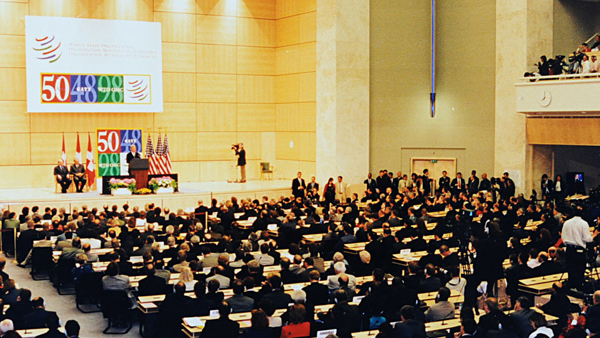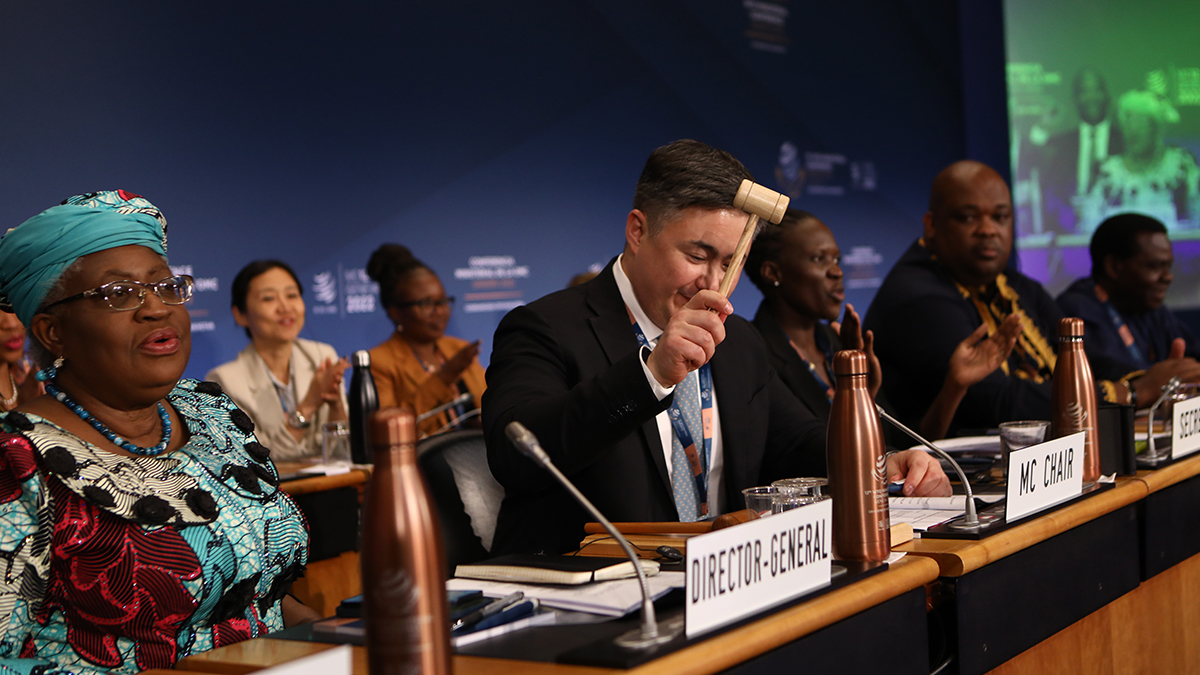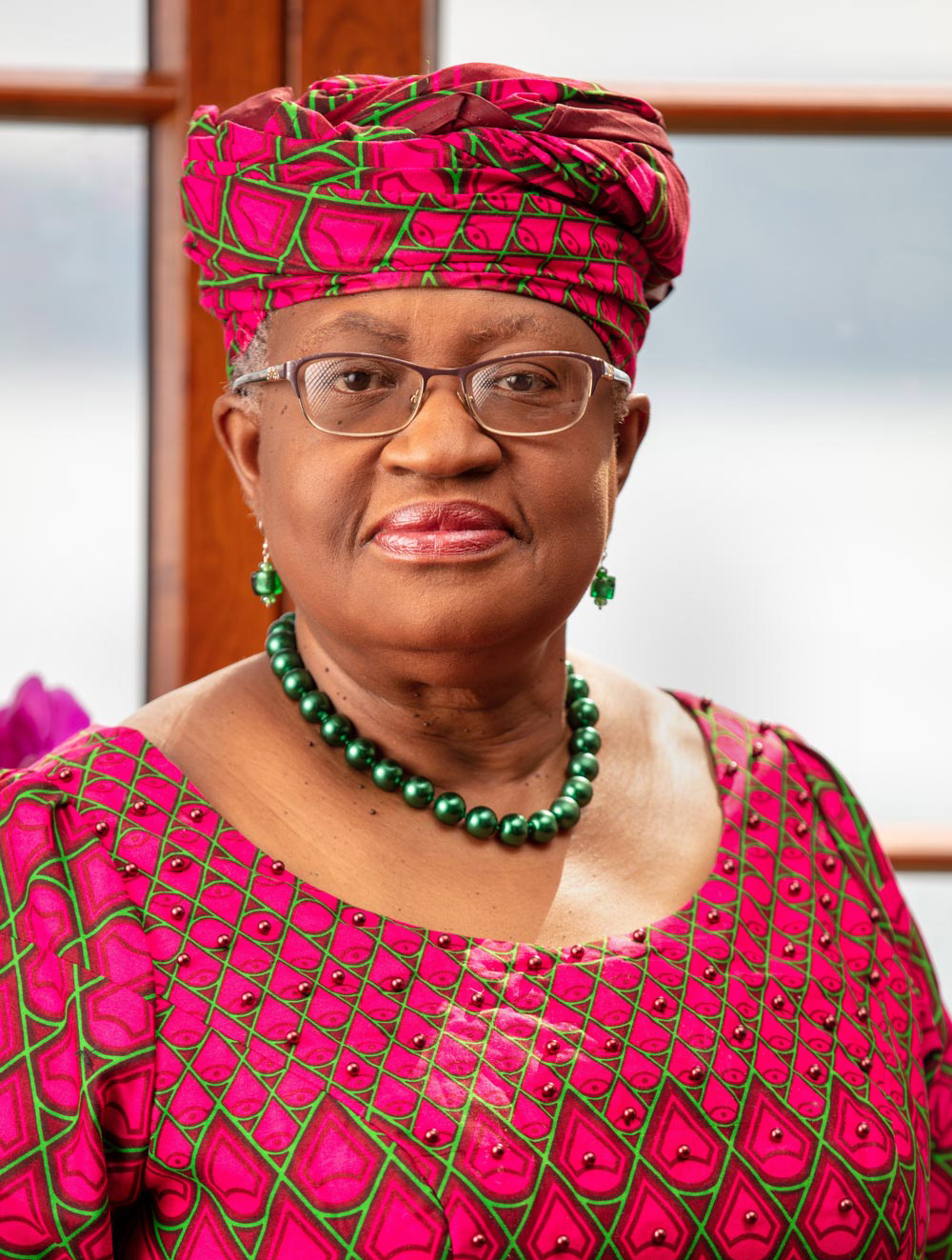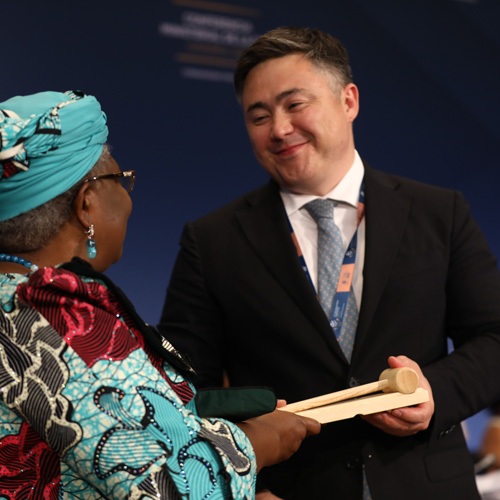What is the WTO?
The World Trade Organization (WTO) is the only international organization dealing with the rules of trade between nations. At its heart are the WTO agreements, negotiated and signed by the bulk of the world’s trading nations and ratified in their parliaments. The fundamental goal of the WTO, as set out in the organization's founding agreement, is to use trade as a means to improve people's living standards, create better jobs and promote sustainable development.
History of the multilateral trading system

From the early days of the Silk Road to the creation of the General Agreement on Tariffs and Trade (GATT) and the birth of the WTO, trade has played an important role in supporting economic development and promoting peaceful relations among nations. This page traces the history of trade, from its earliest roots to the present day.
Recent achievements

At the 12th Ministerial Conference (MC12) in Geneva in June 2022, WTO members secured an unprecedented package of trade outcomes, ranging from the Fisheries Subsidies Agreement to decisions on food safety and the WTO response to COVID-19. The “Geneva Package” confirms the importance of the multilateral trading system and underlines the vital role of the WTO in addressing the world’s most pressing issues.
Director-General

Dr Ngozi Okonjo-Iweala is the seventh Director-General of the WTO. She took office on 1 March 2021, becoming the first woman and the first African to serve as Director-General.
Fact File
Location: Geneva, Switzerland
Established: 1 January 1995
Created by: Uruguay Round negotiations (1986-94)
Membership: 166 members representing 98 per cent of world trade
Budget: 205 million Swiss francs for 2024
Secretariat staff: 623
Head
Ngozi Okonjo-Iweala (Director-General)
"Our organization faces many challenges but working together we can achieve a stronger, more inclusive trading system."
DG Okonjo-Iweala
Functions:
- Administering WTO trade agreements
- Forum for trade negotiations
- Handling trade disputes
- Monitoring national trade policies
- Technical assistance and training for developing countries
- Cooperation with other international organizations





